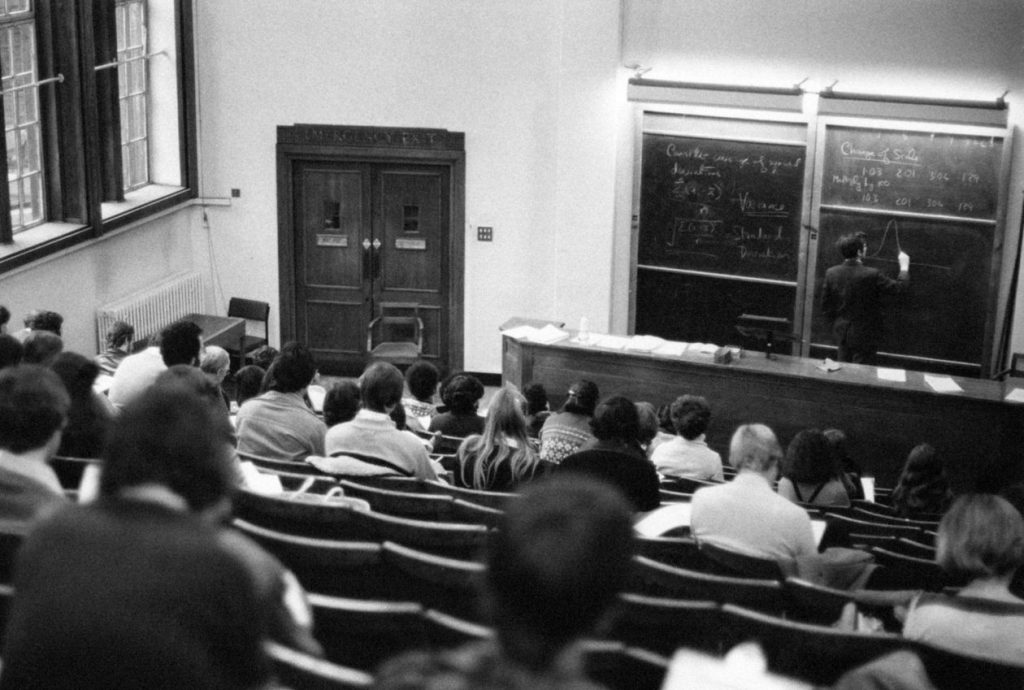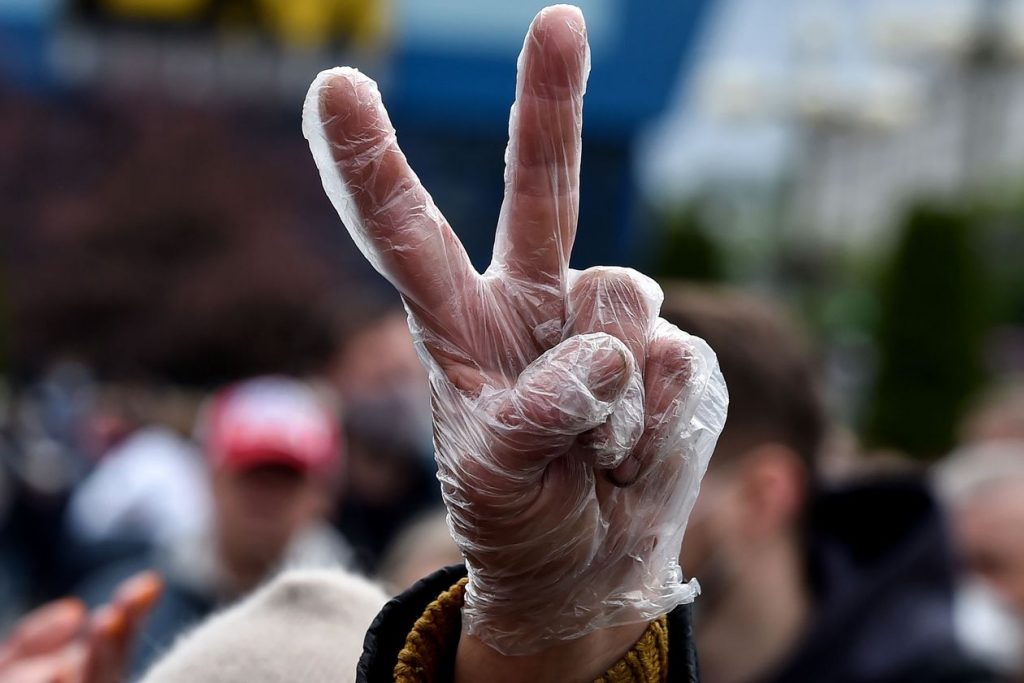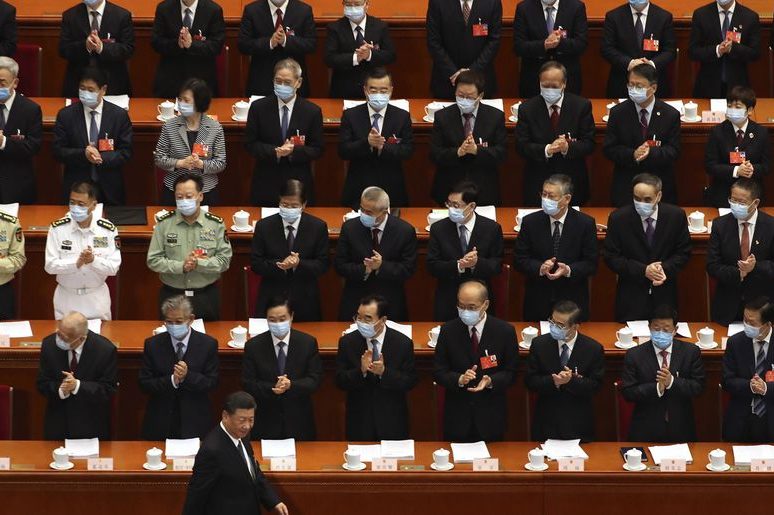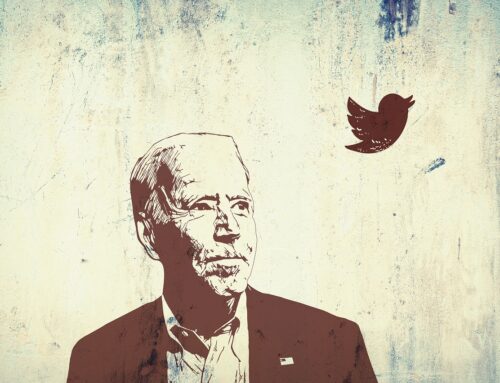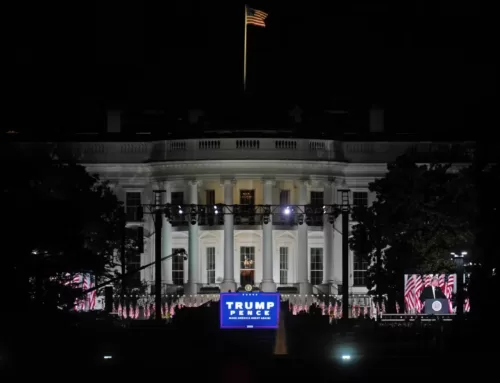America is in a Cold War with China and winning will require more from Americans than the contest that forced the collapse of the Soviet Union.
Intellectuals complain that Donald Trump will pull us into permanent confrontation with China to express their disdain for his presidency. Henry Kissinger warns “we are in the foothills of a cold war,” and Richard Haass writes that President Trump’s policies will precipitate a conflict that distracts from transnational threats to national security — global pandemics, climate change and the like.
Granted, Mr. Trump’s bellicose and impulsive behavior undermine NATO, WTO and WHO and alienate our allies. However, his critics lack the courage to admit that decades of U.S. policy toward China, bearing their fingerprints, failed.
In 2005, then-Deputy Secretary of State Robert Zoellick stated American policy was to encourage China to become a “responsible stakeholder” in the liberal international system.
Successive Chinese leaders have walked through that open door to pursue aggressive mercantilism that has weakened the U.S. and European economies, enabled the rise of President Trump and nationalist political parties in Europe, and fuel American minorities’ frustrations and millennials’ flirtations with socialism.
Since the early 2000s, the Chinese Communist Party has acted on a central premise that the Soviet Communist Party’s embrace of Western liberal values sealed its demise. It has demonstrated through its repression of Muslims, crackdown on Hong Kong, social credit system and string of broken promises on trade that it believes its authoritarian rule and a socialist-market economy are superior and should displace democracy and market capitalism as the prevailing model.
President Xi Jinping is out to undermine Western democracies and their economies, and impose the CCP’s values in a China-centric system of refurbished international institutions.
China is pushing out in all directions — building naval power to enforce illegal territorial claims in the South China Sea project into the Indian Ocean and Middle East, imposing tributary relationships on smaller states through aid and trade, and subverting the WTO, WHO and other international institutions.
The linchpin of international power is domestic economic strength that reduces to technological prowess.
Just as China invests in its Navy and dollar-driven soft power, the Huawei challenge lays bare that America has let important national technological assets decay. U.S. efforts at catchup in 5G may come down to bankrolling an inferior European competitor — Nokia or Ericsson.
For decades, federal support for R&D has been declining. Meanwhile, Mr. Xi promises more subsidies for Chinese technology companies.
China’s supply chain, state-subsidized exports and large domestic market are woven into the prosperity of the United States and our allies. Europeans clearly see the threats China poses to their sovereignty and core values. But its richest state, Germany, has grown addicted to exports to the Middle Kingdom.
The first Cold War was won, most fundamentally, by the American record of superior prosperity and stability, and Western embrace of American exceptionalism as expressed through our performance and values.
Unlike the Soviet Union, China is not poor, isolated or backward. It enjoys greater size, stronger economic growth and more domestic stability than the United States.
America is a deeply divided nation with socialists gaining a strong foothold in the Democratic Party. Its mayors happily tolerate anarchy and rioting in the streets to answer brutality by police already subjected to their progressive reforms.
We need to get our domestic house in order to again be a shining example — for this century.
Leftists offer few constructive ideas through demands for social justice. The federal government, states and big cities already celebrate civil rights heroes, lavishly prioritize health care, social services, education and affirmative action programs that have failed to move the needle for Black communities over several decades.
All acceding to their demands would accomplish is to denigrate our defining national heritage and add more wealth, under the marque of Black Lives Matter, to already privileged professionals within minority groups without lifting conditions generally in America’s barrios.
The federal government must spend more on R&D — lest Huawei becomes a habit repeated throughout the technology space — and fund a bigger Navy with a base in the South Pacific to replace Subic Bay. Eleven nuclear carriers are not enough, especially given our commitments elsewhere. Address endemic racism but without kowtowing to Robin DiAngelo’s anti-White racism or extortionists’ demands for a false rewriting of history and cultural genocide, and recognize that stronger growth to pay for it all, no matter who occupies the White House, is essential to prevailing.


